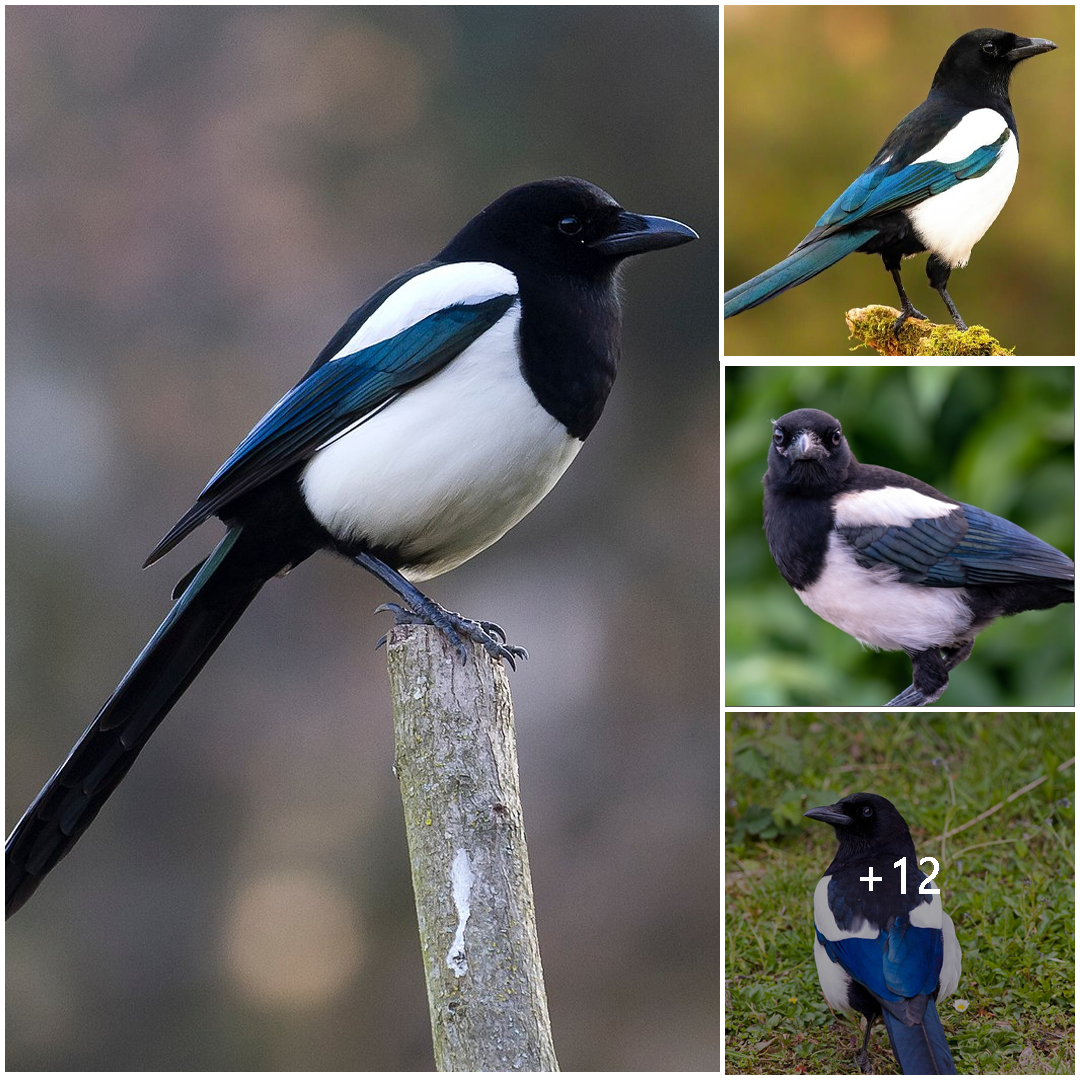
The Complex Behavior of the Magpie: An Insightful Analysis of Avian Intelligence
The magpie, with its striking black and white plumage and intelligent demeanor, has long fascinated ornithologists and nature enthusiasts alike. In this analysis, we delve into the multifaceted behavior of the magpie, exploring its cognitive abilities, social dynamics, and ecological significance.
First and foremost, magpies are renowned for their exceptional intelligence. Studies have revealed their remarkable problem-solving skills, ability to use tools, and capacity for complex social interactions. These cognitive abilities are evident in various aspects of their behavior, from foraging strategies to nest-building techniques.
One of the most intriguing aspects of magpie behavior is their propensity for caching and hoarding food. Magpies are notorious for storing surplus food items in hidden locations, often burying them underground or concealing them in crevices. This behavior not only ensures a steady food supply during lean times but also showcases their forward-thinking and planning abilities.
Furthermore, magpies exhibit intricate social dynamics within their family groups, known as flocks or tribes. Within these groups, individuals engage in cooperative behaviors such as mobbing predators, defending territories, and sharing food resources. Hierarchies based on age, experience, and dominance play a significant role in shaping social interactions among magpies.
In addition to their cognitive and social prowess, magpies play a crucial role in ecosystem dynamics. As omnivorous scavengers, they help to maintain ecological balance by scavenging carrion, controlling insect populations, and dispersing seeds. Their presence can also influence the behavior of other species, as they serve as both predators and prey in the food web.
Despite their intelligence and adaptability, magpies face numerous challenges in the modern world. Habitat loss, urbanization, and persecution by humans pose significant threats to their survival. Conservation efforts aimed at preserving their habitats and mitigating human-wildlife conflicts are essential for ensuring the long-term viability of magpie populations.
In conclusion, the behavior of the magpie is a testament to the complexity and adaptability of avian life. Through their intelligence, social cooperation, and ecological role, magpies exemplify the intricate interplay between animals and their environment. By studying and understanding the behavior of magpies, we gain valuable insights into the broader complexities of the natural world.





